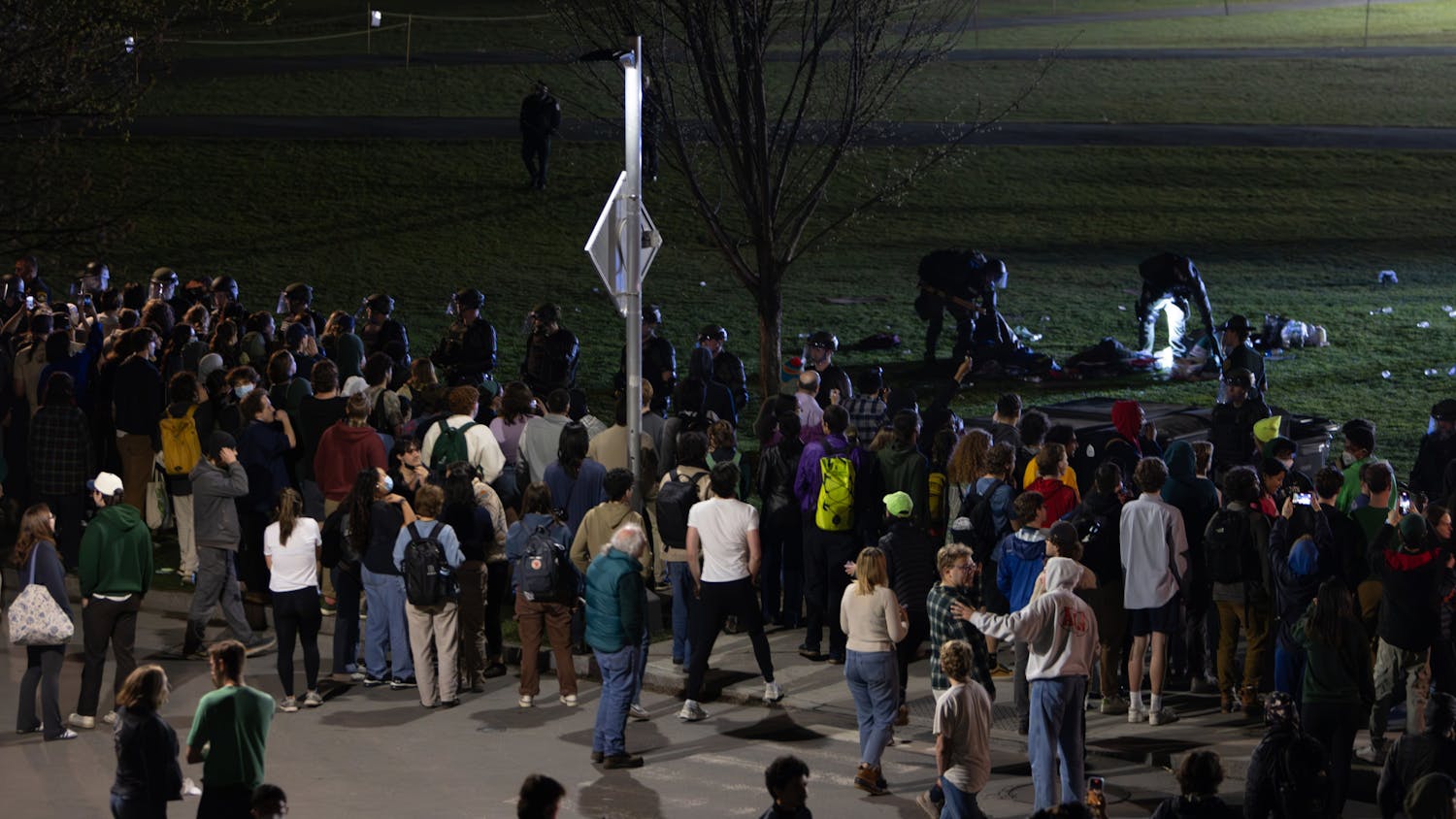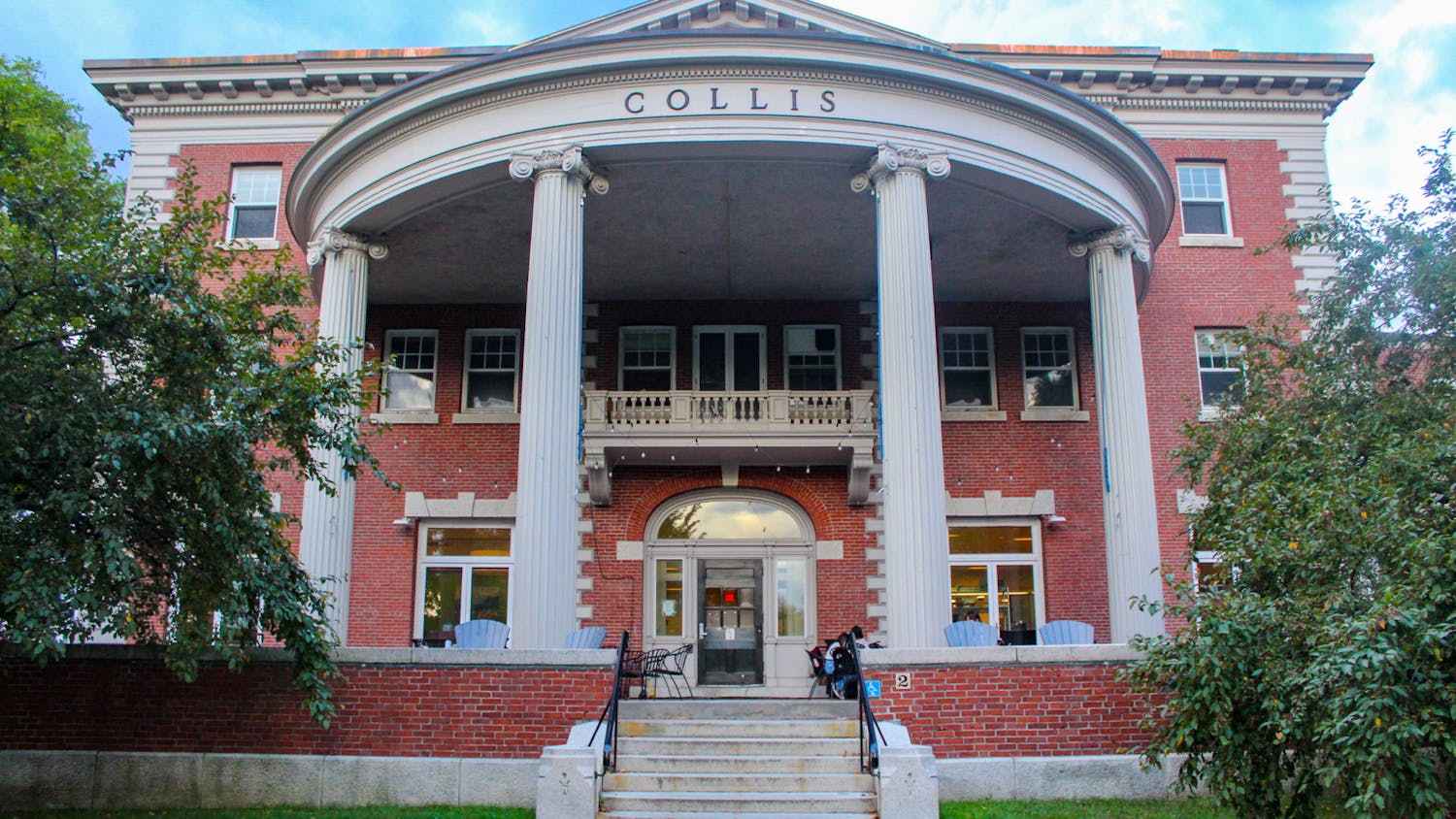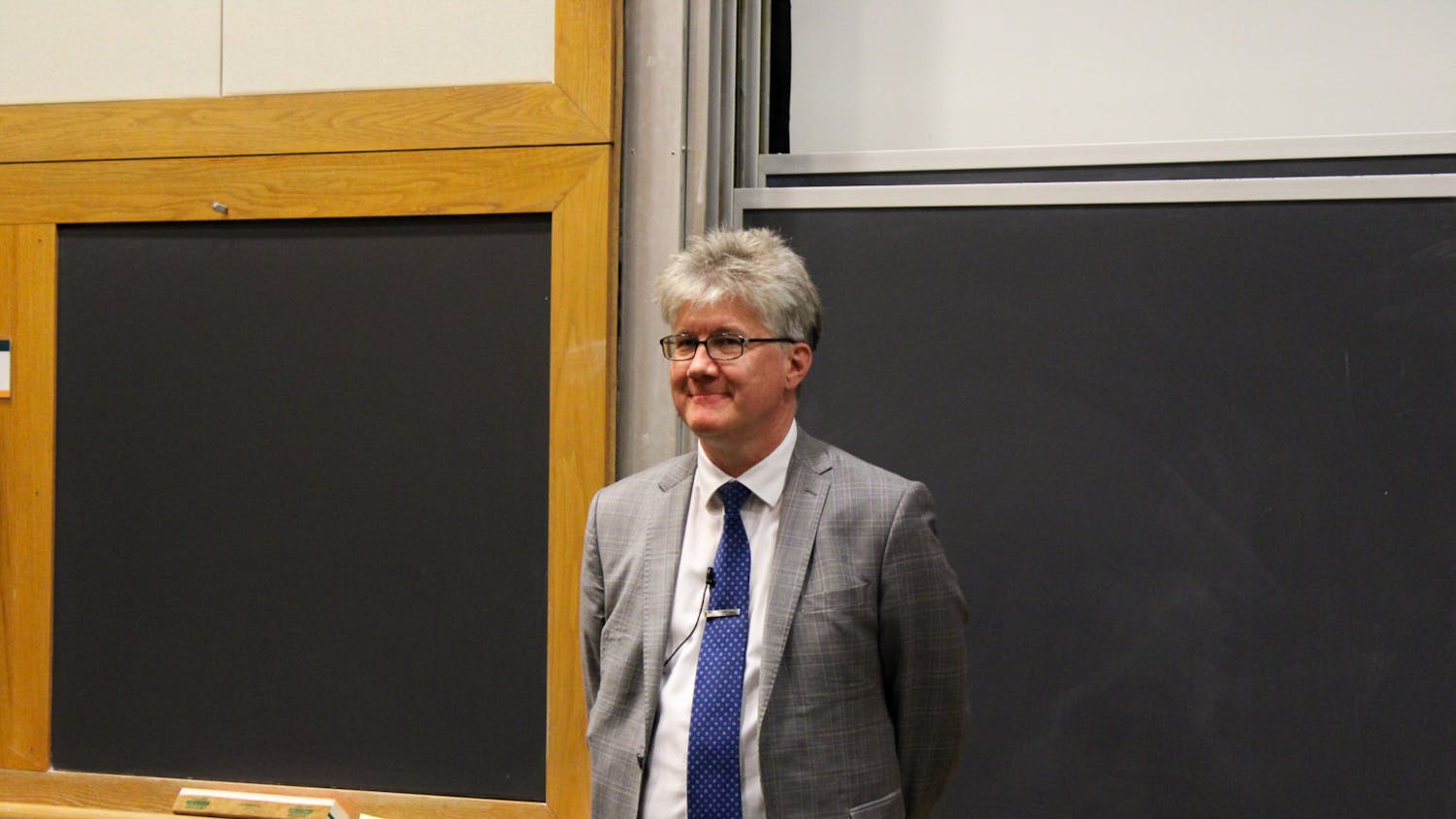The freshman year of college can take a serious toll on the well-being of students, according to a survey published in the February issue of the Chronicle of Higher Education.
The study polled 3,680 students at 50 different colleges during orientation and again at the end of their first year, finding that while 52.4 percent rated themselves "above average" in emotional well-being at the start of the school year, that number dropped to 44.9 percent by the year's end. A similar decline was seen in physical well-being ratings, which dropped from 52.4 percent to 41.3 percent.
More disturbingly, the number of students who reported feeling depressed within the course of the year doubled, from 8.2 percent to 16.3 percent. Also, 44.3 percent of students reported feeling "overwhelmed" with all they had to do, compared to 31.6 percent before their first year in college.
"There is no secret that the first year is a challenging year," Dean of First-Year Students Gail Zimmerman said of the study. "Especially at a place like Dartmouth, where students come to a residential community and leave the support of their family, stressors are placed on students."
According to Zimmerman, with this change in environment comes changes in eating and sleeping habits, which could contribute to the lower feelings of well-being reported by students. Also, changes in exercise -- some students who played sports in high school no longer participate in college -- could affect the physical health of students.
"Any time you come into a new environment, you have to adjust to the community," Zimmerman said. "During orientation, we try to set a tone for what the intellectual engagement at Dartmouth will be like, as well as showing what social options the college offers."
Dr. Mark Reed, a counselor with Health Services, said that the number of students who seek treatment for depression has increased. Freshmen and seniors make up the largest percentage of students treated.
Reed cited many reasons why first-year students may have more emotional problems than others.
"If you have lived in the same community for a while, you have developed solid friends that you have to leave when you go to college," Reed said. "You are away from home, in a place with often more challenging academics and more social stress."
For students dealing with any of these issues, the Health Service department offers individual and group counseling, community outreach and, for students with serious depression, medication.
"We brainstorm with students about coping strategies," Reed said. "If they have a specific stressor, we help them work it out. Sometimes we just reassure them that what they experience are normal developmental issues."
The study also found that more students consider themselves liberal at the end of their first year.
In addition, more students were interested in developing a "meaningful philosophy of life" after completing their first year, with 50.4 percent rating this important compared to 42.3 percent when they initially arrived on campus.
"I am happy to see this increase," Zimmerman said of the latter. "Isn't that what college is all about?"
The survey, done by the Higher Education Research Institute at the University of California at Los Angeles, is the first to compare data taken in the fall of freshman year to data in the spring.
"We have been doing surveys of entering freshmen for years, but we need to know what happened during that first year," study coordinator Linda Sax said.
The institute will release a more detailed report in April.



